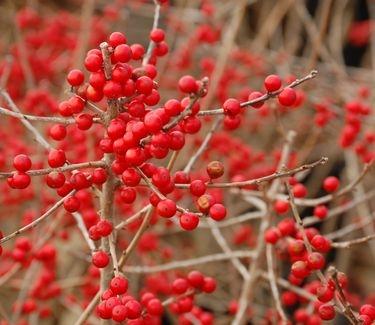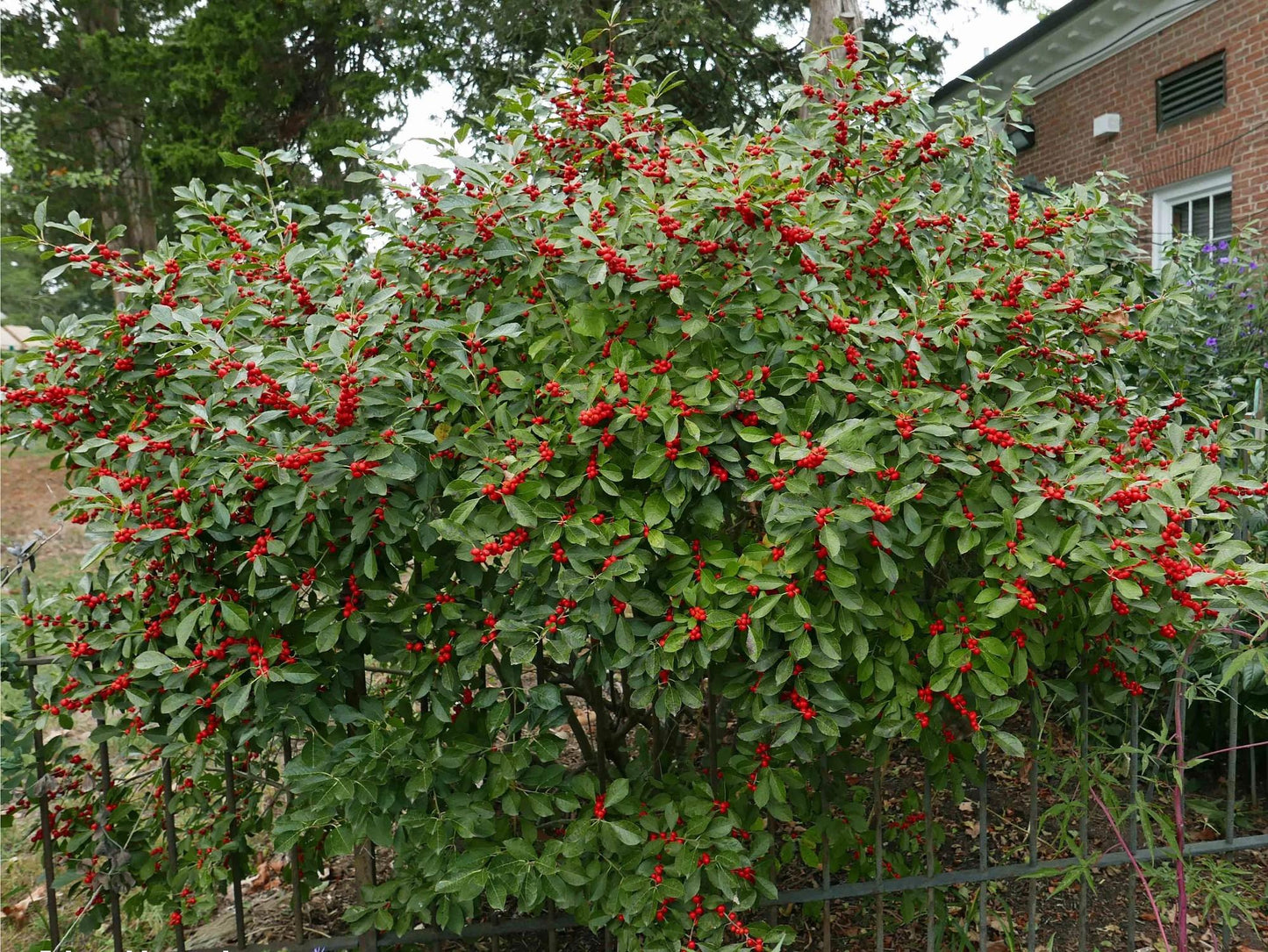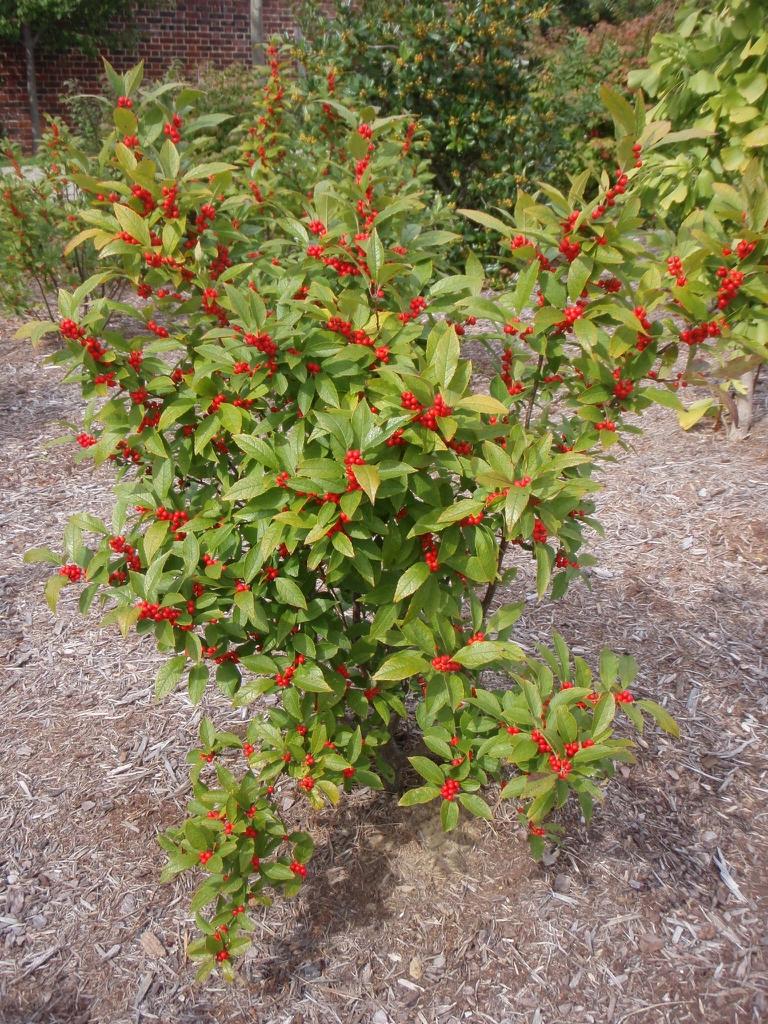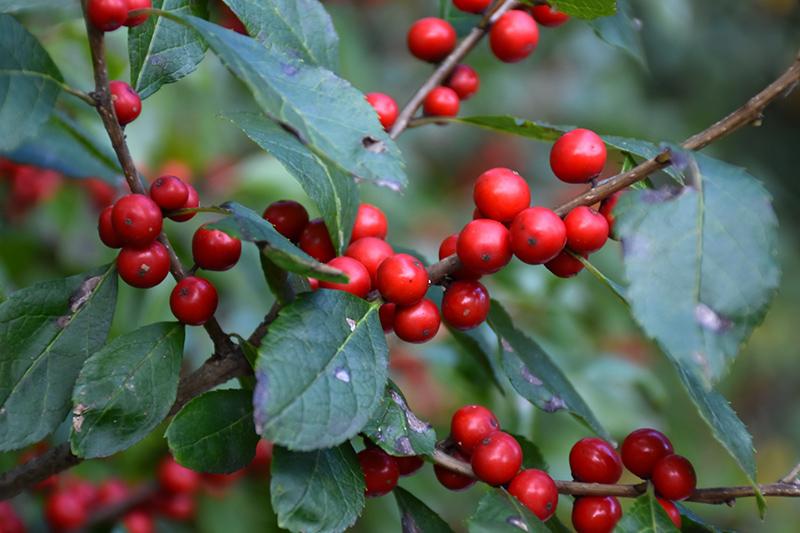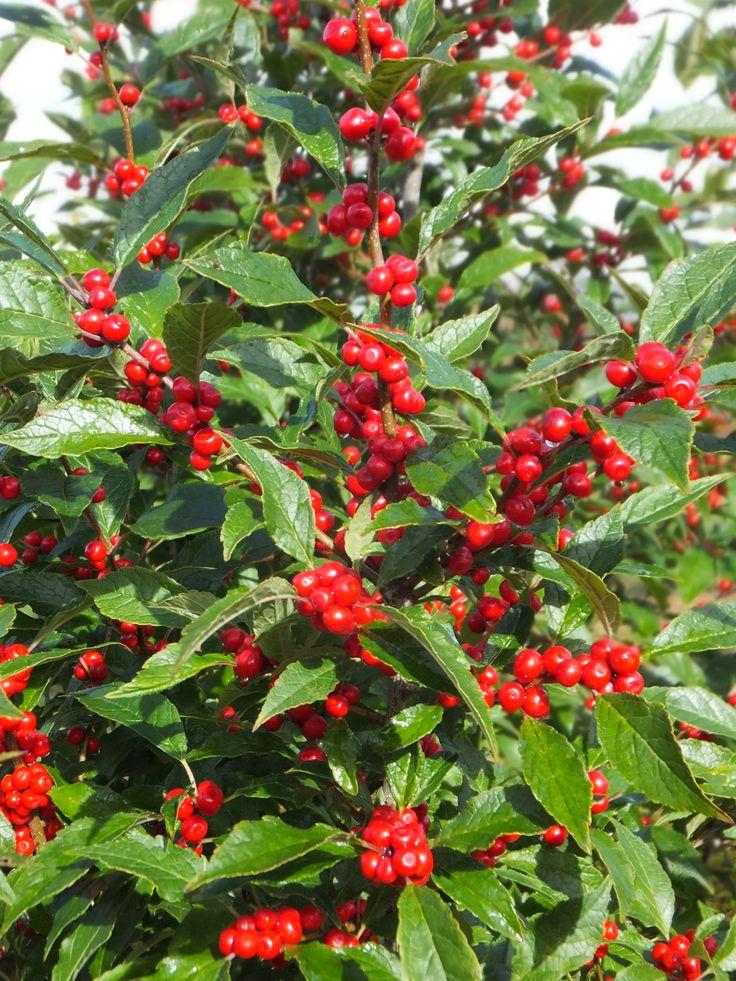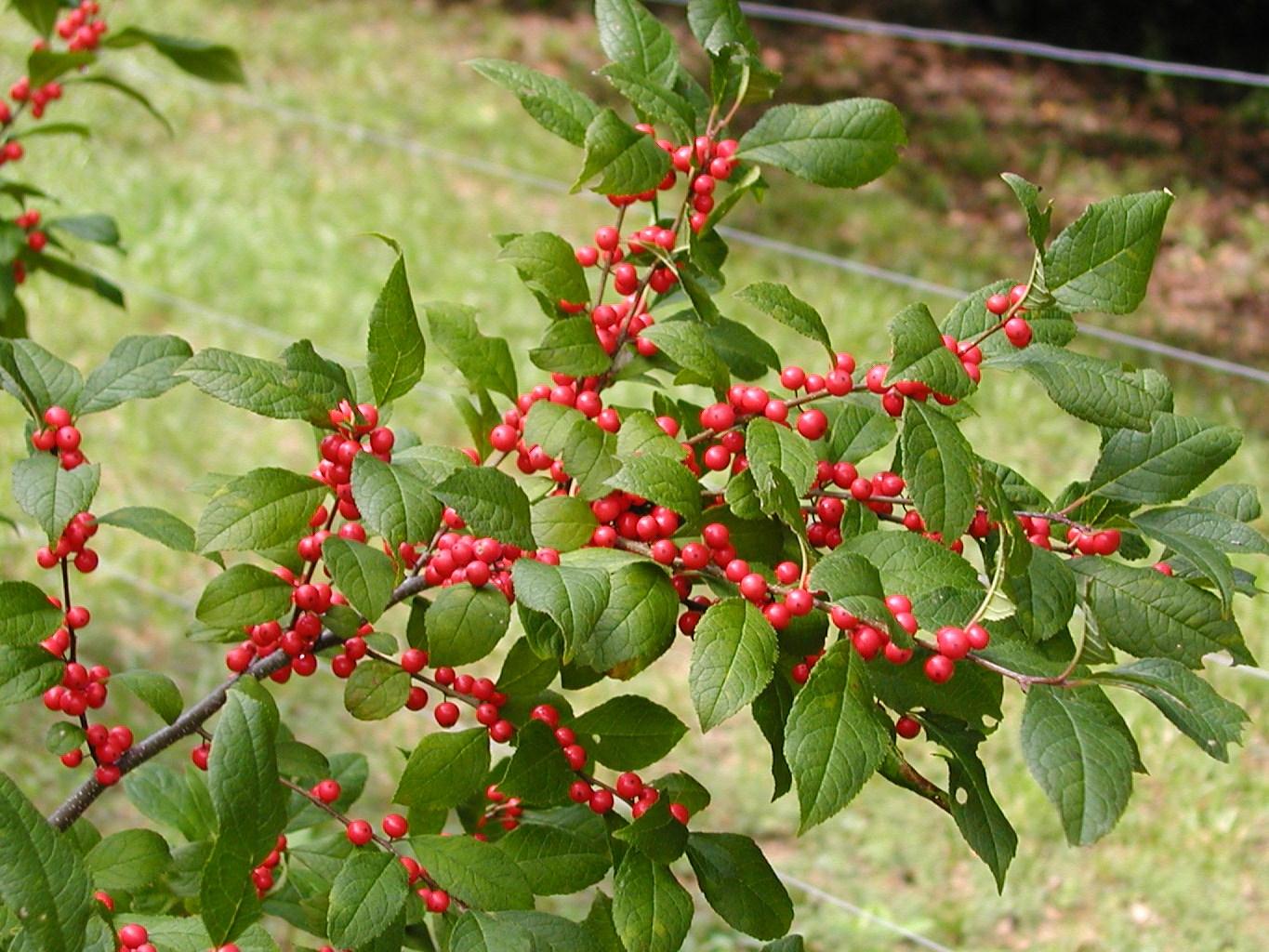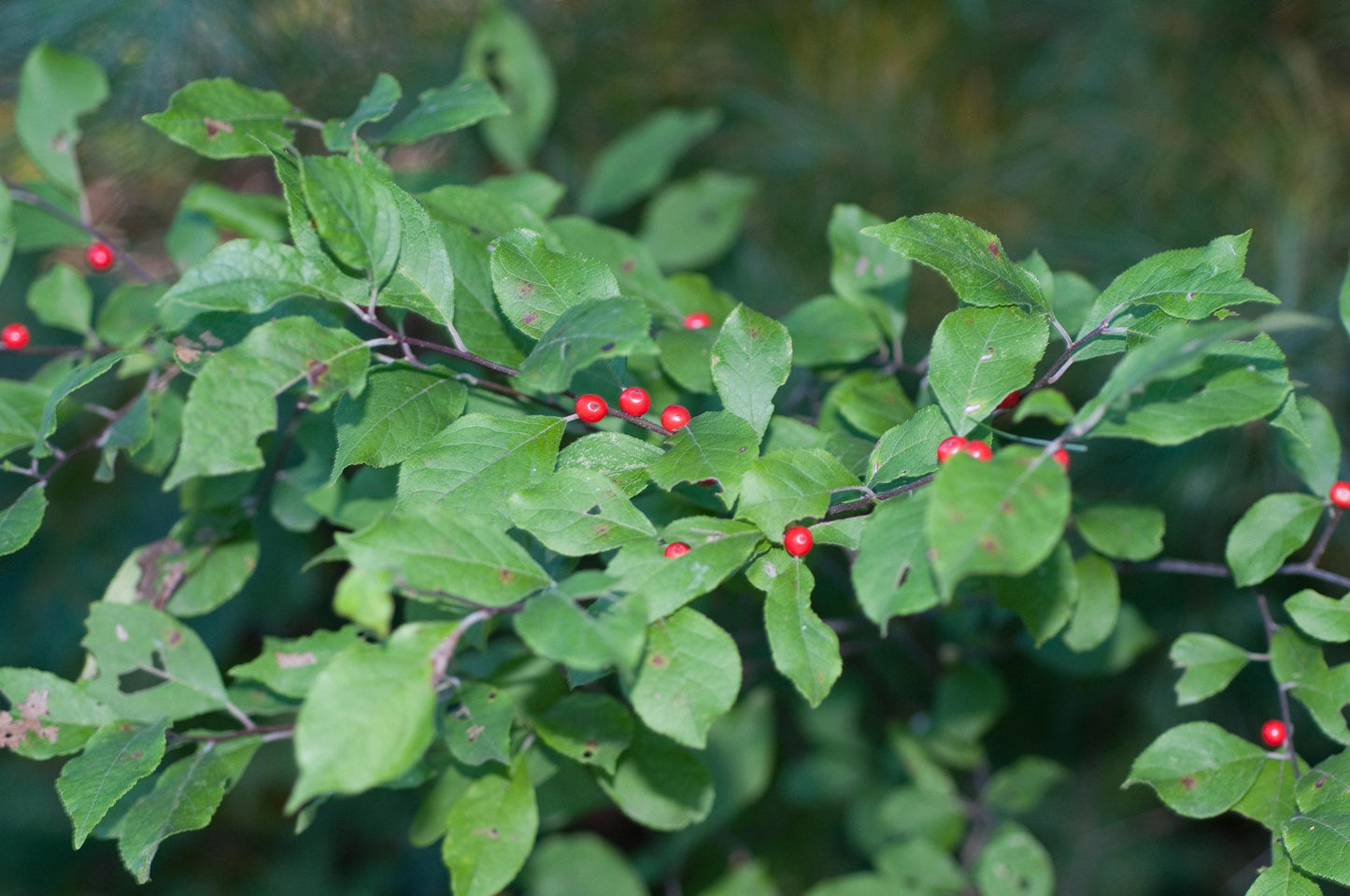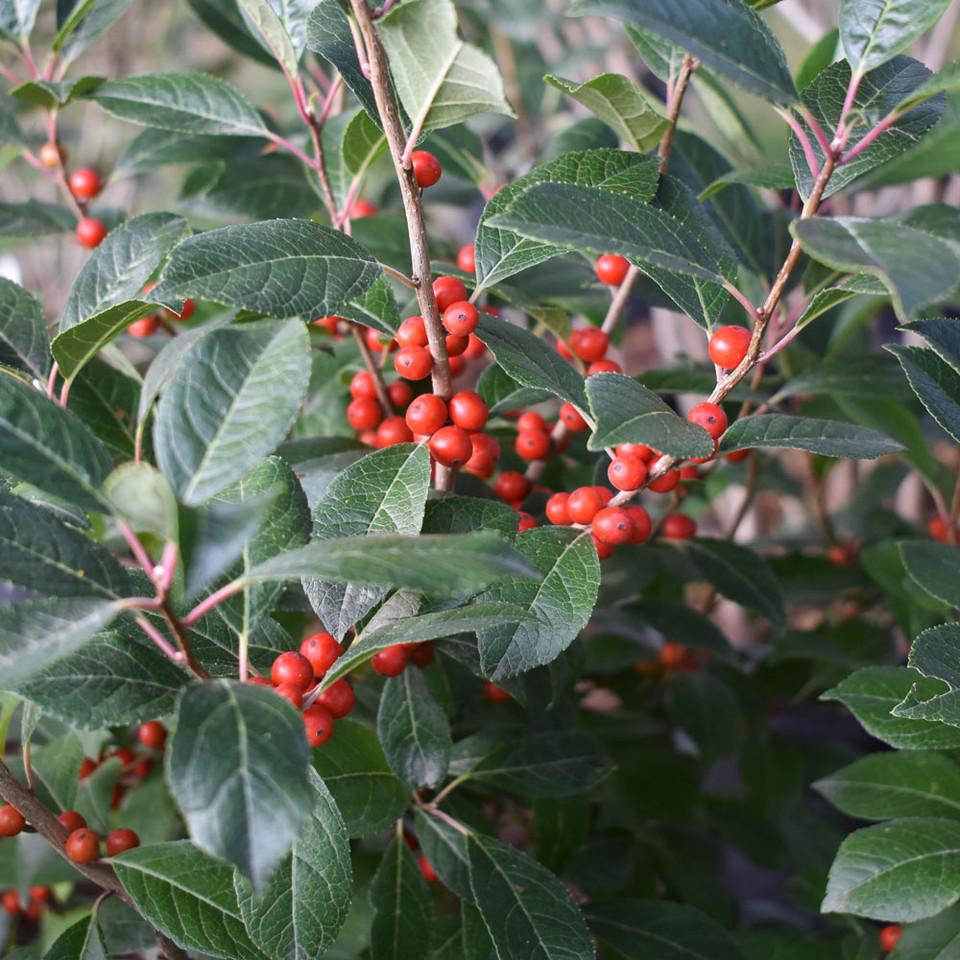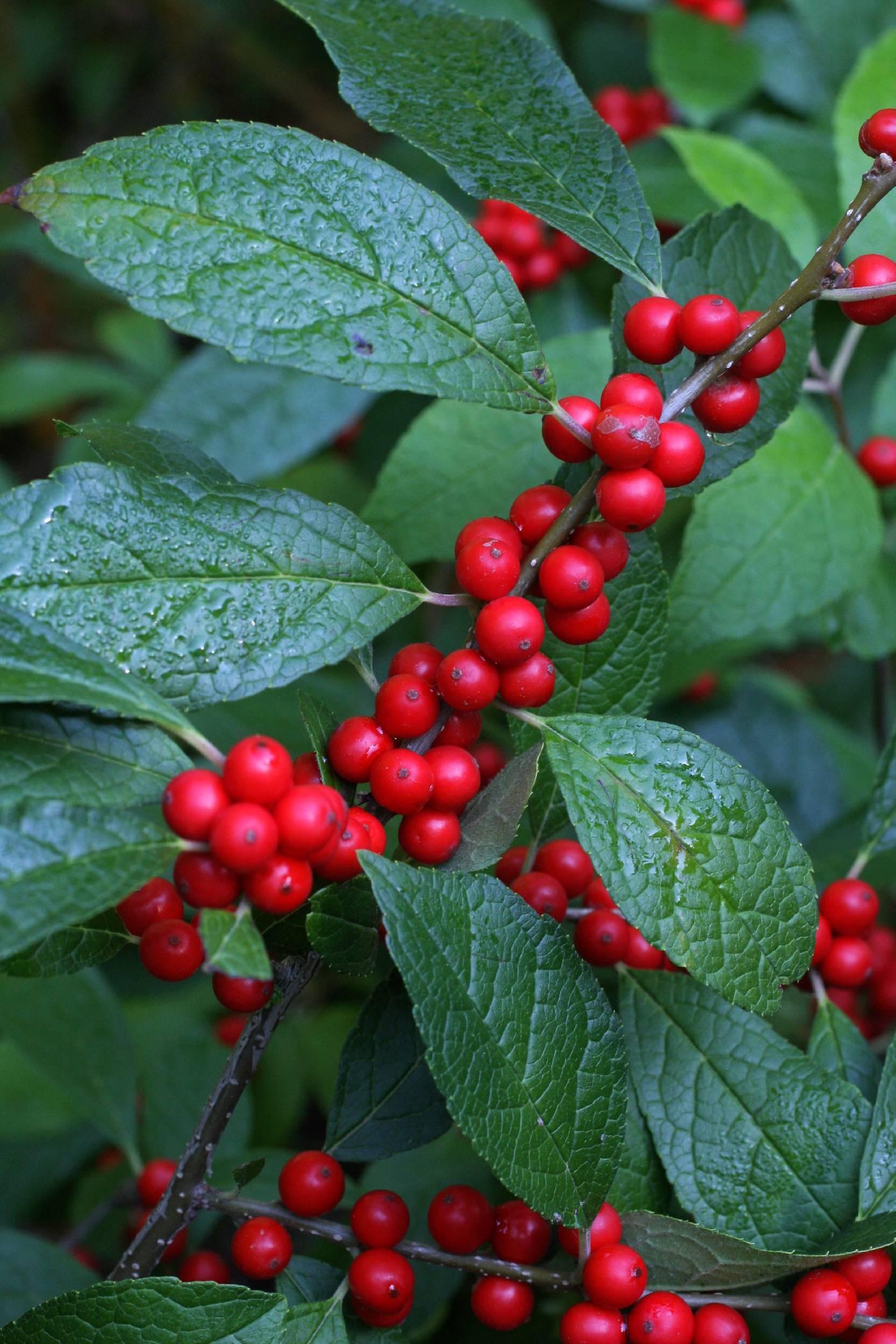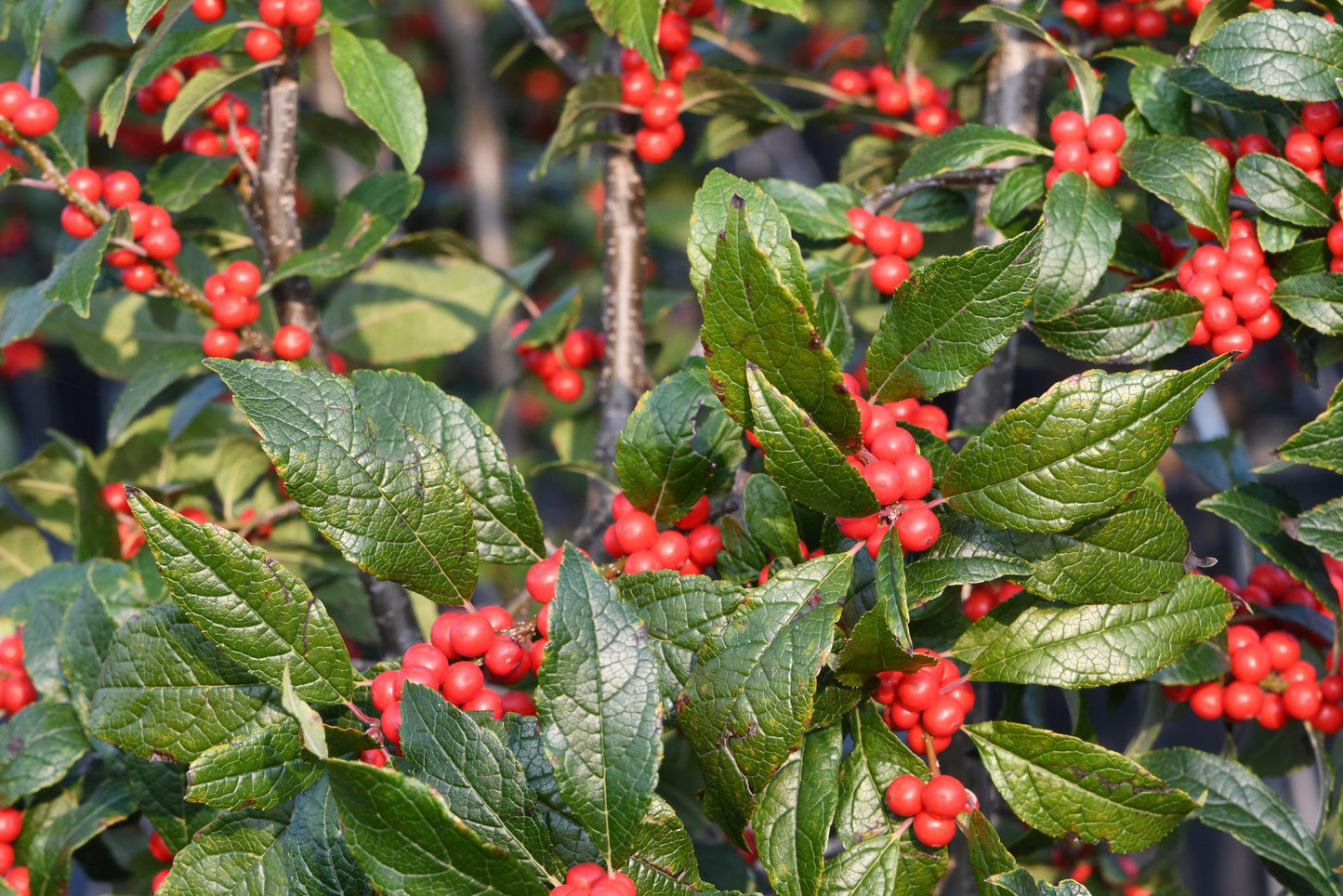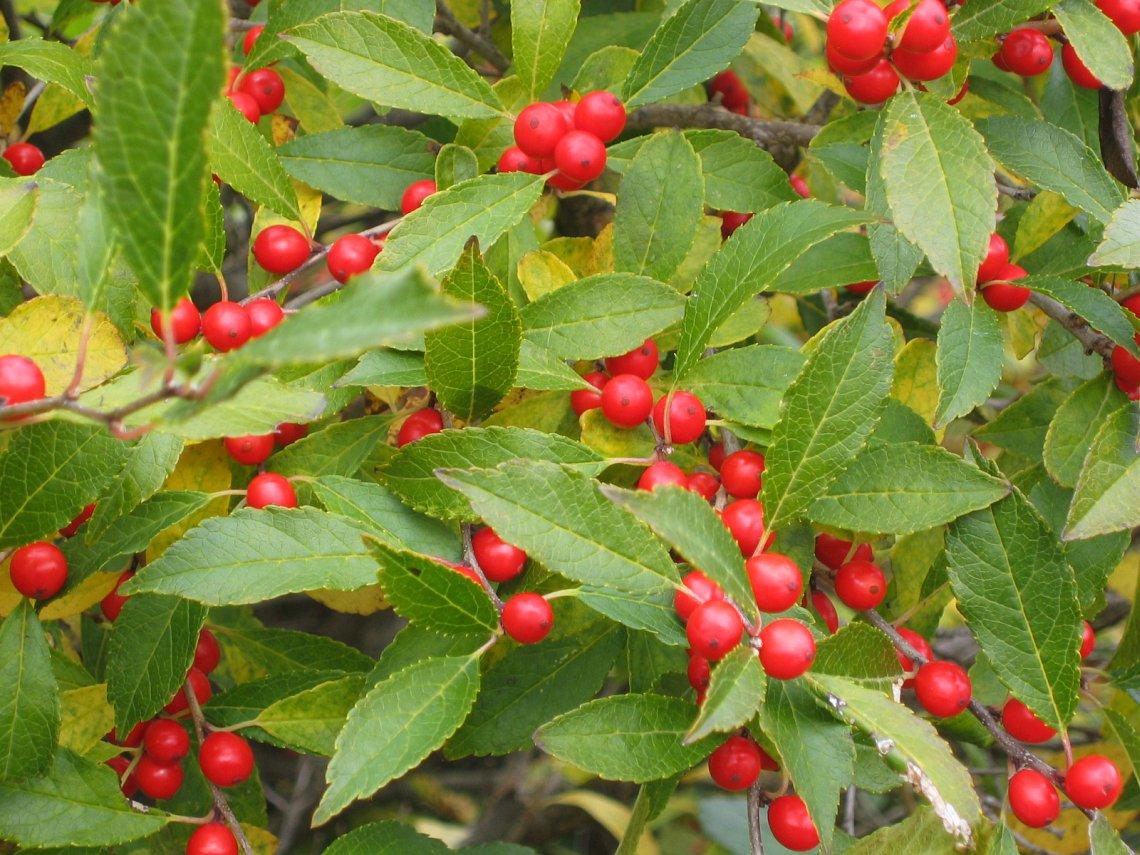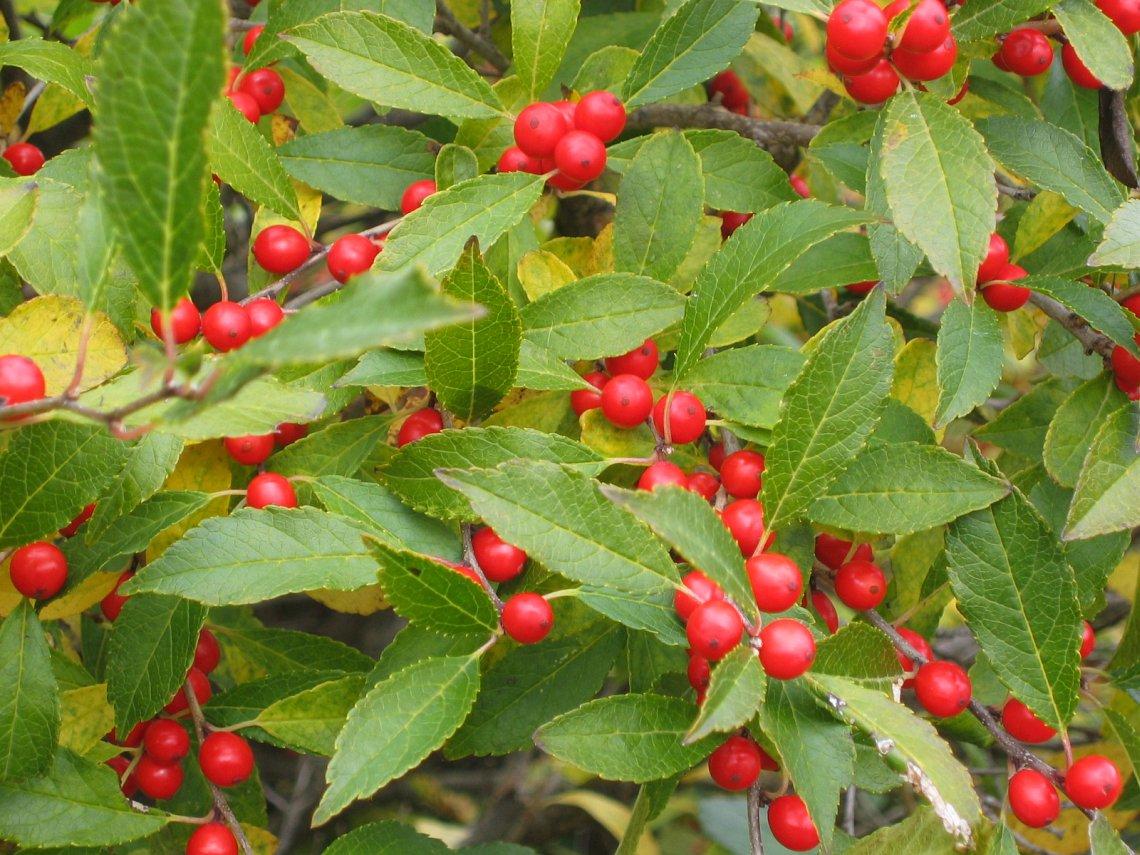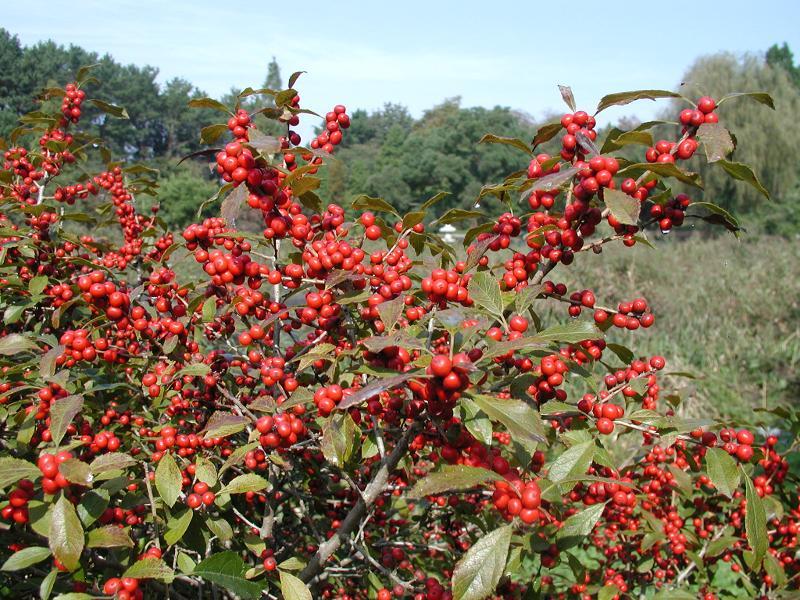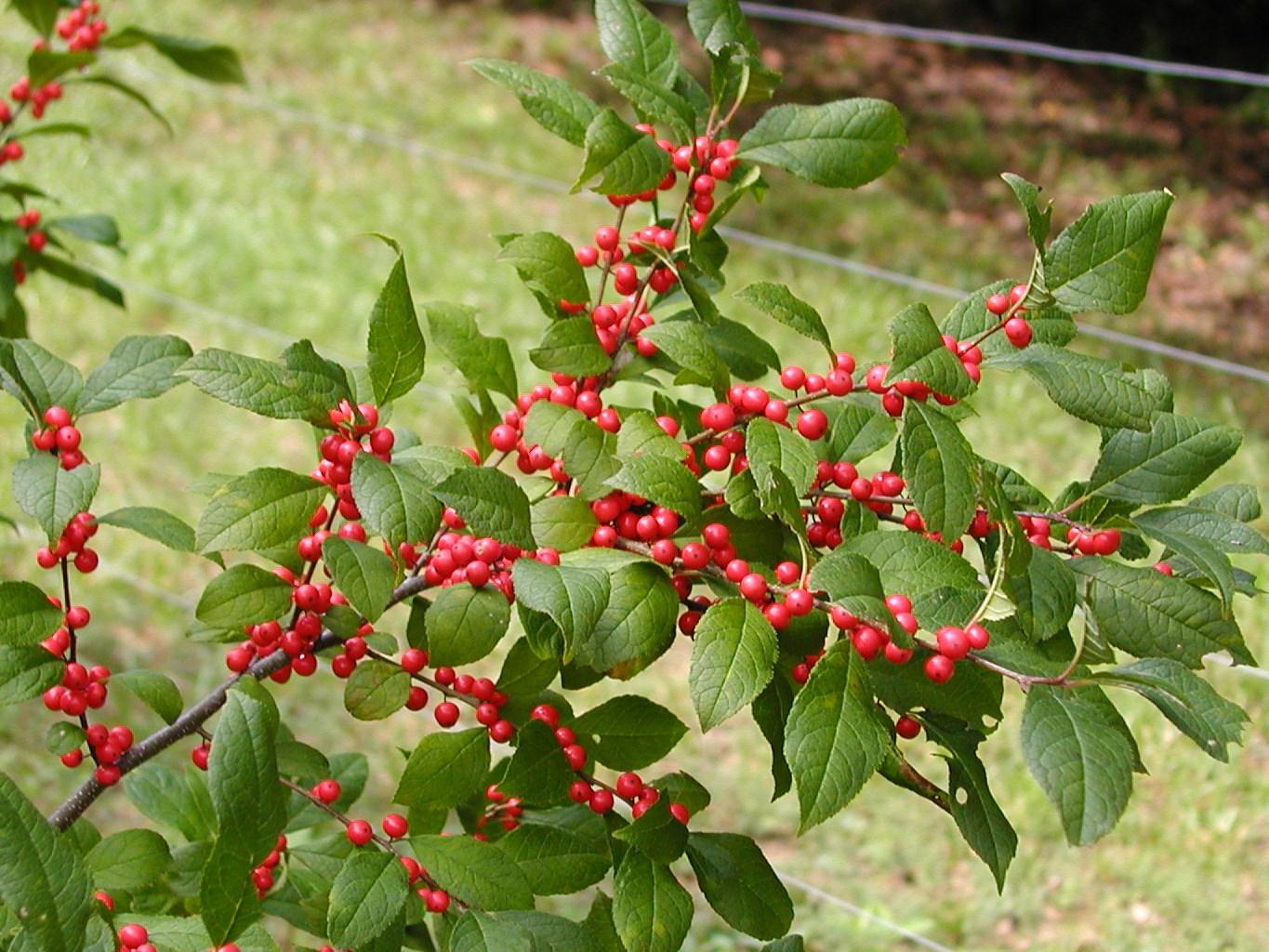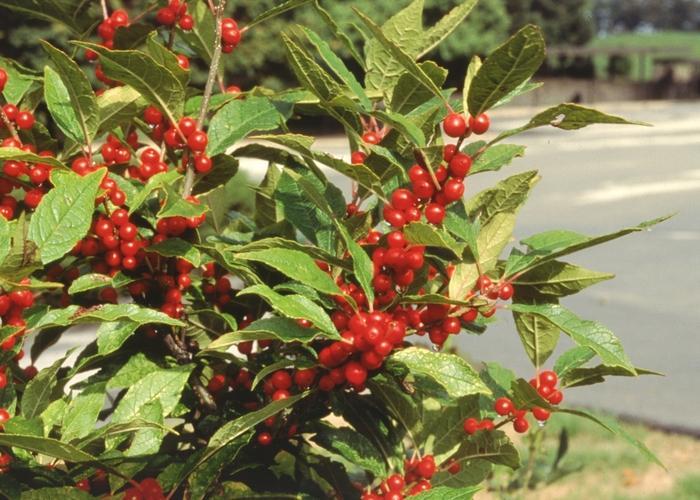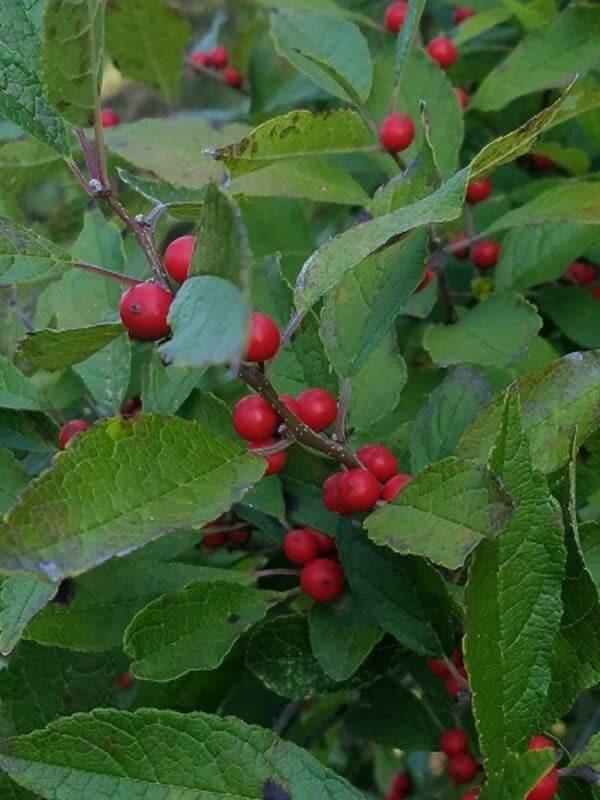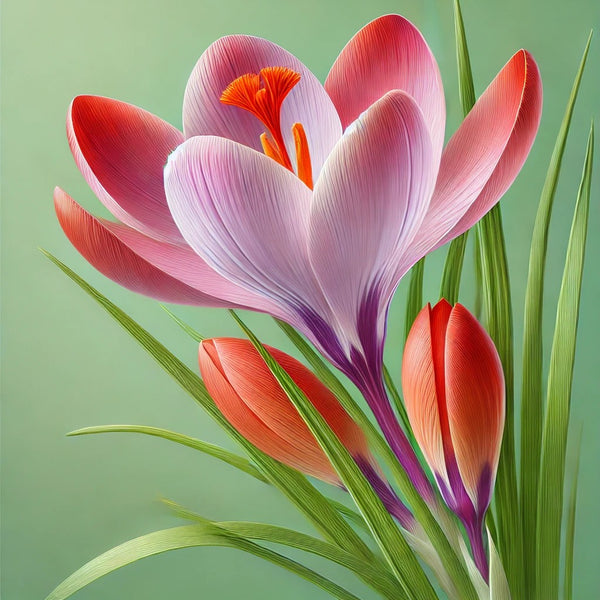1
/
of
19
Stop Light Winterberry-Ilex verticillata-Perfect for winter gardens and bird attraction 2.5/3' h B&B
Stop Light Winterberry-Ilex verticillata-Perfect for winter gardens and bird attraction 2.5/3' h B&B
Regular price
$520.00 USD
Regular price
$676.00 USD
Sale price
$520.00 USD
Unit price
/
per
Shipping calculated at checkout.
SKU:nsd4501-redcrocus
Couldn't load pickup availability
Ilex verticillata 'Stop Light'
Description
Ilex verticillata 'Stop Light', commonly known as 'Stop Light' Winterberry, is a deciduous shrub known for its vibrant red berries that persist through winter, providing a striking contrast against the snow. This plant is a favorite for adding winter interest to gardens and landscapes.
Suggested Uses
This plant is ideal for use in hedges, borders, and as a specimen plant. Its bright berries are excellent for winter decoration and can be used in cut flower arrangements. It is also effective in attracting birds to the garden.
Plant Details
-
 Botanical Name: Ilex verticillata 'Stop Light'
Botanical Name: Ilex verticillata 'Stop Light' -
 Common Name: 'Stop Light' Winterberry
Common Name: 'Stop Light' Winterberry -
 Size & Growth: Typically grows 6-8 feet tall and wide
Size & Growth: Typically grows 6-8 feet tall and wide -
 Hardiness Zones: 3-9
Hardiness Zones: 3-9 -
 Foliage Type: Deciduous
Foliage Type: Deciduous -
 Bloom Time: Late spring to early summer
Bloom Time: Late spring to early summer -
 Growth Rate: Moderate
Growth Rate: Moderate -
 Light Requirements: Full sun to partial shade
Light Requirements: Full sun to partial shade -
 Attracts Pollinators: Yes, especially birds
Attracts Pollinators: Yes, especially birds -
 Indoor Friendly: No
Indoor Friendly: No -
 Container Friendly: Yes, with adequate space
Container Friendly: Yes, with adequate space -
 Deer Resistant: Yes
Deer Resistant: Yes -
 Pet Warning: Berries are toxic if ingested
Pet Warning: Berries are toxic if ingested -
 Fragrant: No
Fragrant: No -
 Cut Flower: Yes
Cut Flower: Yes -
 Grows Well With: Other Ilex varieties, grasses, and perennials
Grows Well With: Other Ilex varieties, grasses, and perennials
Care Tips
-
 Planting Instructions: Plant in spring or fall, ensuring good drainage
Planting Instructions: Plant in spring or fall, ensuring good drainage -
 Soil Moisture: Prefers moist, well-drained soil
Soil Moisture: Prefers moist, well-drained soil -
 Soil Type: Tolerates a range of soil types, including clay and sandy soils
Soil Type: Tolerates a range of soil types, including clay and sandy soils -
 Humidity: Average humidity levels are sufficient
Humidity: Average humidity levels are sufficient -
 Pruning Instructions: Prune in late winter to early spring to shape and remove dead wood
Pruning Instructions: Prune in late winter to early spring to shape and remove dead wood -
 Winter Care: Mulch to protect roots in colder zones
Winter Care: Mulch to protect roots in colder zones -
 Planting Depth: Plant at the same depth as in the nursery pot
Planting Depth: Plant at the same depth as in the nursery pot -
 Fertilization: Fertilize in early spring with a balanced fertilizer
Fertilization: Fertilize in early spring with a balanced fertilizer -
 Special Care: Ensure male and female plants are nearby for berry production
Special Care: Ensure male and female plants are nearby for berry production
Share
